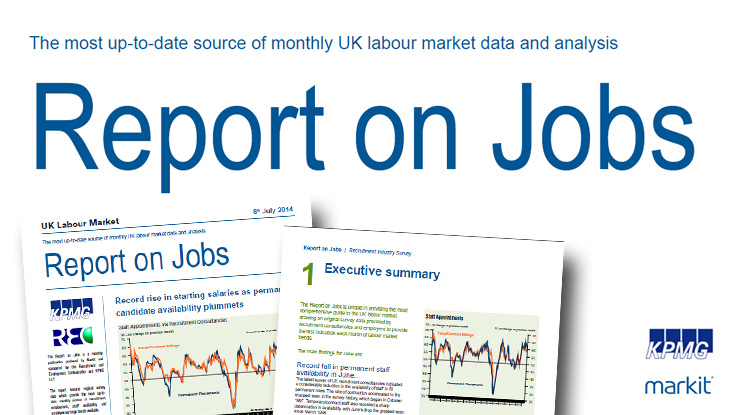- Contact us:
- 03300 535 600
- [email protected]

Surviving or Thriving? Mental Health Week 2017
May 9, 2017
Have you got any questions for us?
May 25, 2017Words Credit: Marianne Calnan
UK experiences steepest drop in candidate availability in 16 months
Organisations are being urged to reconsider how they search for and train talent, after a report released today indicated that potential jobhunters are taking a wait-and-see approach to Brexit.
Data from the Recruitment & Employment Confederation (REC) revealed that 38 per cent of recruitment agencies noted lower candidate numbers for permanent roles in April, the sharpest decline for 16 months.
Meanwhile, 33 per cent said they had also seen fewer people available for temporary roles.

“Demand for staff is growing but there are fewer people available to fill vacancies,” said the REC’s chief executive, Kevin Green. “We have the lowest unemployment rate since 2005, and people already in work are becoming more hesitant about moving jobs amid Brexit uncertainty.
“In the lower level of the skills market, what we’re seeing is that many EU nationals are starting to drift back [to their country of origin] because of the weakening pound making salaries worth less. There are also issues around their clarity of worker status. Brexit is really starting to bite so EU nationals need to be reassured in their place of work.”
In light of the findings, Green urged HR to reconsider how it searches for talent. “Your employer brand needs to be authentic to be attractive to candidates because organisations will clearly be competing against others,” he said. “Candidate experience during the recruitment process is also getting worse, so companies must bear that in mind.”
Ben Wilkins, HR partner at PwC, added: “If candidates are deterred by perceived uncertainty owing to Brexit, HR must have a response to the inevitable question: ‘Why should I come to work for you?’ HR should be able to articulate a view on the post-Brexit landscape for skilled and unskilled resource, and what the company’s response to that landscape will be.”
Meanwhile, John Hawksworth, chief economist at PwC, noted that the survey has emphasised the importance of “developing the skills of domestic UK workers through enhanced vocational education and training, as well as reinforcing the message that the UK remains open to talented people from around the world despite Brexit”.
The Markit/REC Report on Jobs also highlighted regional differences in permanent and temporary vacancies. The Midlands saw the fastest rate of expansion in permanent placements, closely followed by Scotland. London had the slowest increase.
Meanwhile, temporary roles growth was led by Scotland and London, with the weakest increase in the south of England.
Job vacancy levels also differed across industries. Engineering was the most in-demand category for permanent staff in April, closely followed by IT and computing.
The REC also found that growth in permanent starting salaries decreased to a four-month low in April, but hourly pay rates for short-term staff increased at the sharpest pace in 2017.
The REC is not the first organisation to highlight employers’ increasingly fraught battle for a dwindling talent pool. A survey published yesterday by law firm Eversheds Sutherland and market research company Winmark revealed that 67 per cent of HR leaders believe the war for talent will be one of the most pressing issues for their workplace in the near future.
Meanwhile, From ‘inadequate’ to ‘outstanding’: making the UK’s skills system world-class, a CIPD study, warned the UK may be “sleepwalking into a low-value, low-skills economy” that is unprepared for a post-Brexit future.



